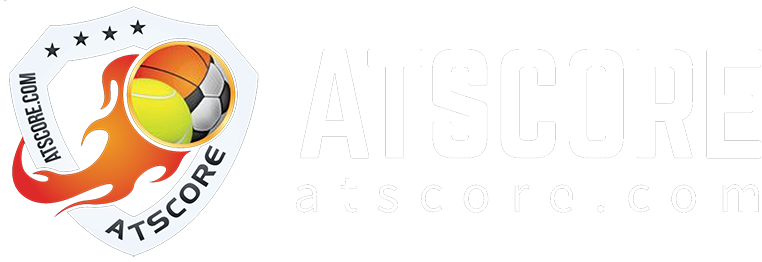As the African Cup of Nations approaches, participating teams face significant challenges due to player injuries. This prestigious tournament, showcasing the best of African football, often sees national teams grappling with the absence of key players due to injuries incurred in domestic and international matches. This year, two teams, Mali and Algeria, are particularly impacted, forcing them to make crucial adjustments to their squads. These changes not only highlight the depth and resilience of the teams but also bring to light the broader issue of player fitness and injury management in international football.
Mali’s Injury-Induced Squad Changes
Mali’s preparation for the African Cup of Nations has been marred by a spate of injuries, leading to significant changes in their squad. Coach Eric Chelle has had to navigate the absence of several pivotal players. Key absences include Crystal Palace’s Cheick Doucoure, who is out due to an Achilles tendon surgery, and Atalanta forward El Bilal Toure, sidelined by a thigh injury. Additionally, Ibrahima Kone, Massadio Haidara, and Moussa Djenepo are also unavailable due to various injuries.
Mali has infused new blood into their team in response to these setbacks by naming uncapped Wolverhampton Wanderers midfielder Boubacar Traore and Lorient striker Sirine Doucoure. Boubacar Traore, a promising talent, joined Wolves from Metz and has a history of representing Mali at junior levels, including the African under-20 championship victory in 2019. Sirine Doucoure, though mainly a substitute this season at Lorient, has shown potential with a goal in Ligue 1.
Mali’s squad now includes a mix of experienced and new players, reflecting a strategy to balance the team in light of the injuries. As they prepare to face South Africa, Tunisia, and Namibia in Group E, along with a friendly against Guinea-Bissau, Mali’s reshuffled squad will be tested internationally. The team’s performance will be a testament to their depth and adaptability under challenging circumstances.
Algeria’s Squad Adjustment Due to Injuries
Algeria’s preparations for the African Cup of Nations have taken a hit with the withdrawal of striker Amine Gouiri because of a knee injury. Coach Djamel Belmadi, who had initially selected Gouiri in his 26-man squad, was caught off guard by the extent of Gouiri’s injury. The situation was further complicated by a delay in communication regarding his medical condition from his club, Stade Rennais.
Gouiri, a key player who switched his international allegiance from France to Algeria, has made an impact with his performances, including scoring 12 goals in 31 appearances at the under-21 level for France. His debut for Algeria in October and subsequent appearances have been promising, making his absence a significant concern for the Algerian team.
The Algerian Football Federation now faces the challenge of finding a suitable replacement. The potential inclusion of West Ham United forward Said Benrahma, initially a surprise omission, could be on the cards. This situation underscores the delicate balance national teams must maintain in managing player fitness and dealing with unforeseen injuries, especially in high-stakes tournaments like the African Cup of Nations.
The Impact of Injuries on National Teams
The African Cup of Nations is a showcase of the continent’s footballing talent and a test of the teams’ depth and resilience. Injuries are inevitable in the sport, but how teams adapt to these challenges can define their journey in such prestigious tournaments. Mali and Algeria’s experiences highlight the need for robust squad depth and flexible strategies. As the tournament progresses, it will be interesting to see how these teams and others in similar situations overcome their challenges and perform on Africa’s biggest football stage.

 at
at 








